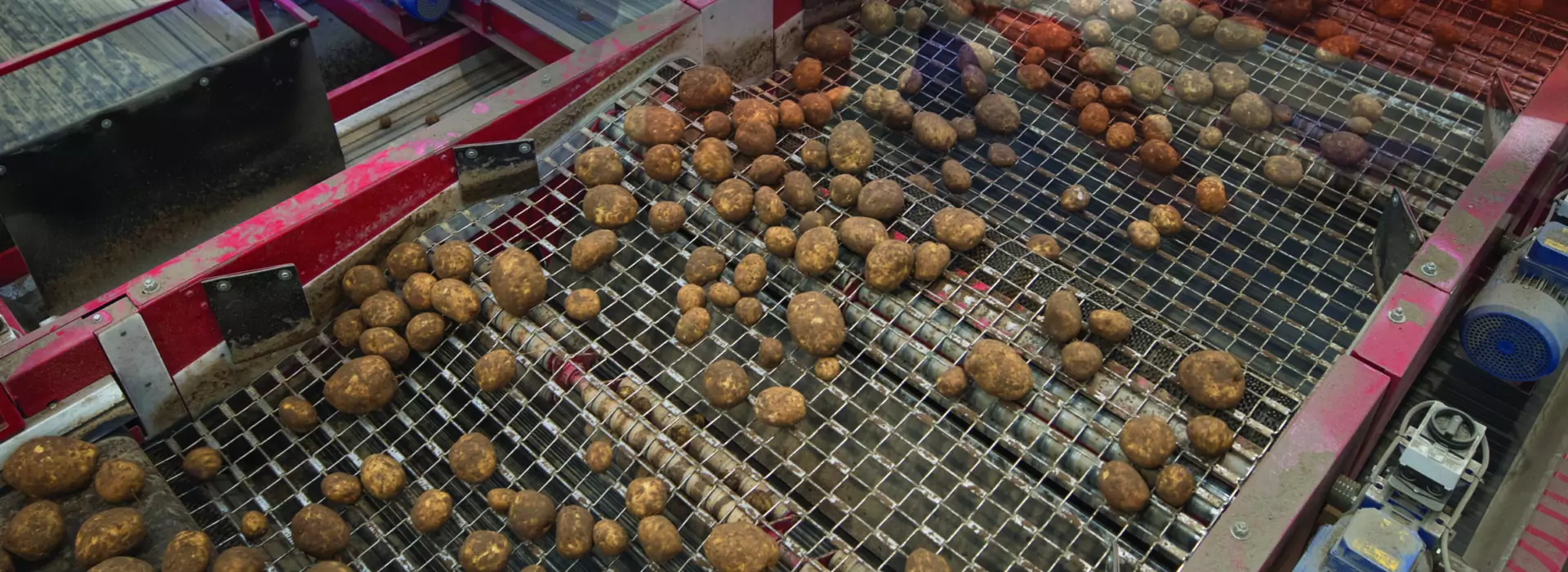
With the Brexit decision-day of 29th March 2019 looming, the real countdown is on. Nonetheless, the subject of handling technologies is still very-much ‘in the air’ so to speak… Whilst most people are now saying that the continued uncertainty of the situation, with such an imminent deadline, is somewhat unnerving, they are also strangely and ironically bored of the Brexit chaos.
As reported by AHDB Potatoes post-Fruit Logistica in Berlin in February: “British growers at this year’s Fruit Logistica say they are keen to work with European businesses post-Brexit – but they need political certainty. One of the main concerns at this year’s event in Berlin was around exports – with many growers and see producers from the UK questioning what the future holds for the industry once the UK leaves the EU.”
Whilst the conclusion of Brexit is still undoubtedly very much an unknown, like UK growers and processors, as a UK manufacturer, Tong Engineering also shares this same question of how exports and imports will be affected by Brexit. In addition, another question on everyone’s lips queries the free movement of workers from the EU after Brexit…..
So, as we wait to find out if a definite in or out will be achieved at the end of March, we asked Charles Tong, Chairman at Tong Engineering, to give us his comments on Brexit:
“The key advancements in handling equipment and processes centre around increased automation and advanced control, as well as direct drive systems for greater energy efficiency and minimal maintenance. New handling technologies are bringing efficiencies for growers and processors that are likely to see continuous investment regardless of the eventual Brexit outcome, but automation is a very hot topic, particularly due to the uncertainty of the future availability of migrant workers.”
… New handling technologies are bringing efficiencies for growers and processors that are likely to see continuous investment regardless of the eventual Brexit outcome, but automation is a very hot topic, particularly due to the uncertainty of the future availability of migrant workers.
Charles continued to say; “Growers and packers have been very conscious of this potential shortfall in their ability to attract foreign labour since the EU referendum in 2016, with many already adopting much more automated handling systems that bring significant reductions to manual labour requirements. However, access to EU-style subsidiaries, grants and funding which has been available until now, may prove to be more limited post-Brexit. We have certainly seen a number of handling equipment upgrade projects being brought forward by our customers in order to take advantage of current funding whilst the support is still within reach.”
… many growers and packers are already adopting much more automated handling systems that bring significant reductions to manual labour requirements.
“As a manufacturer, the low value of the pound has progressed our plans for Export growth. We are of course very keen to maintain this growth and continue our relations with our valued customers and dealers in the EU and worldwide. Any changes to import and export tariffs will no doubt impact costs, but as a country, the UK boasts some of the most advanced vegetable handling practices and systems worldwide, and it is these merits in our equipment design and build that we are positive will still see demand from our home and export markets, whatever the ultimate Brexit deal.”
… the UK boasts some of the most advanced vegetable handling practices and systems worldwide, and it is these merits in our equipment design and build that we are positive will still see demand from our home and export markets, whatever the ultimate Brexit deal.
